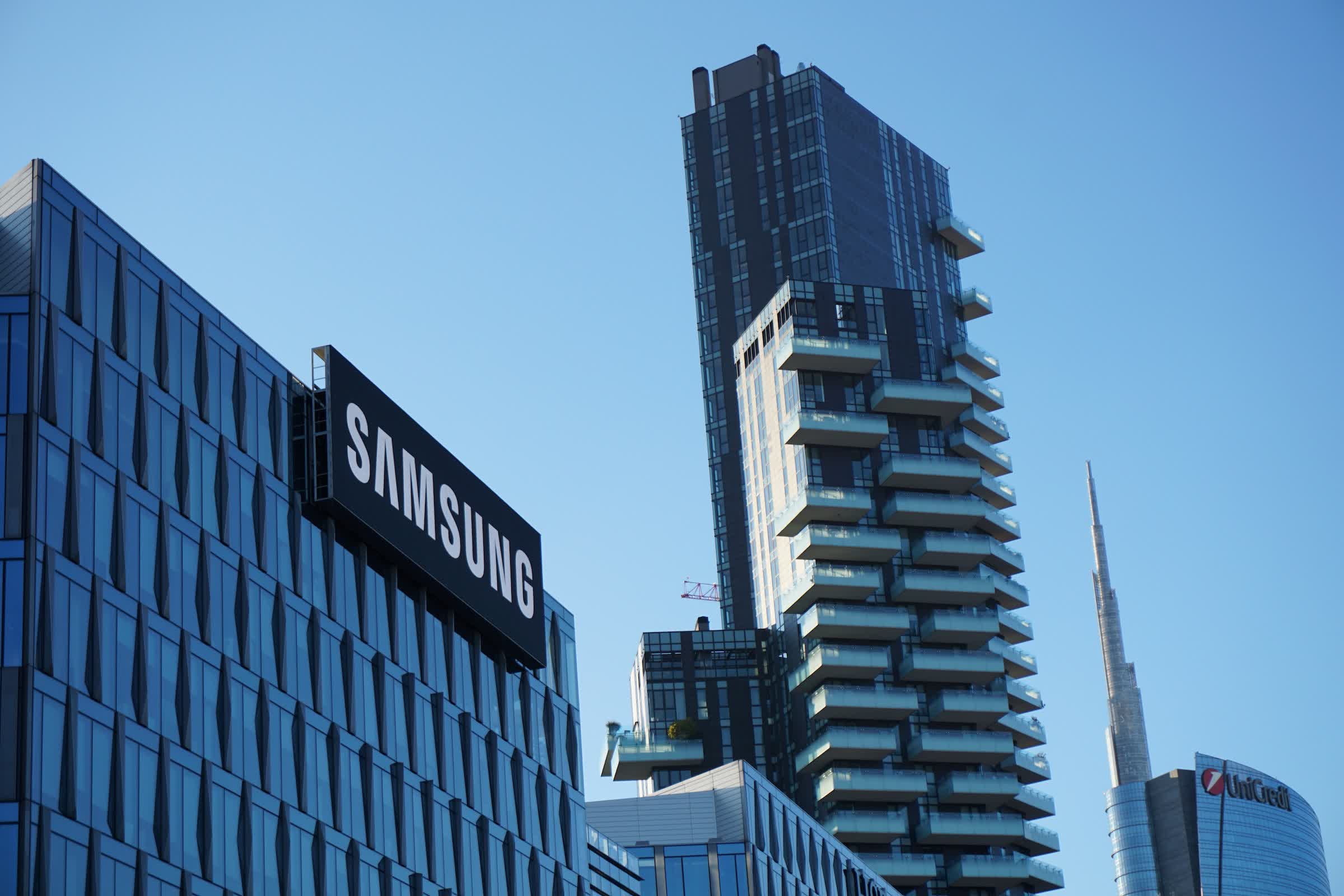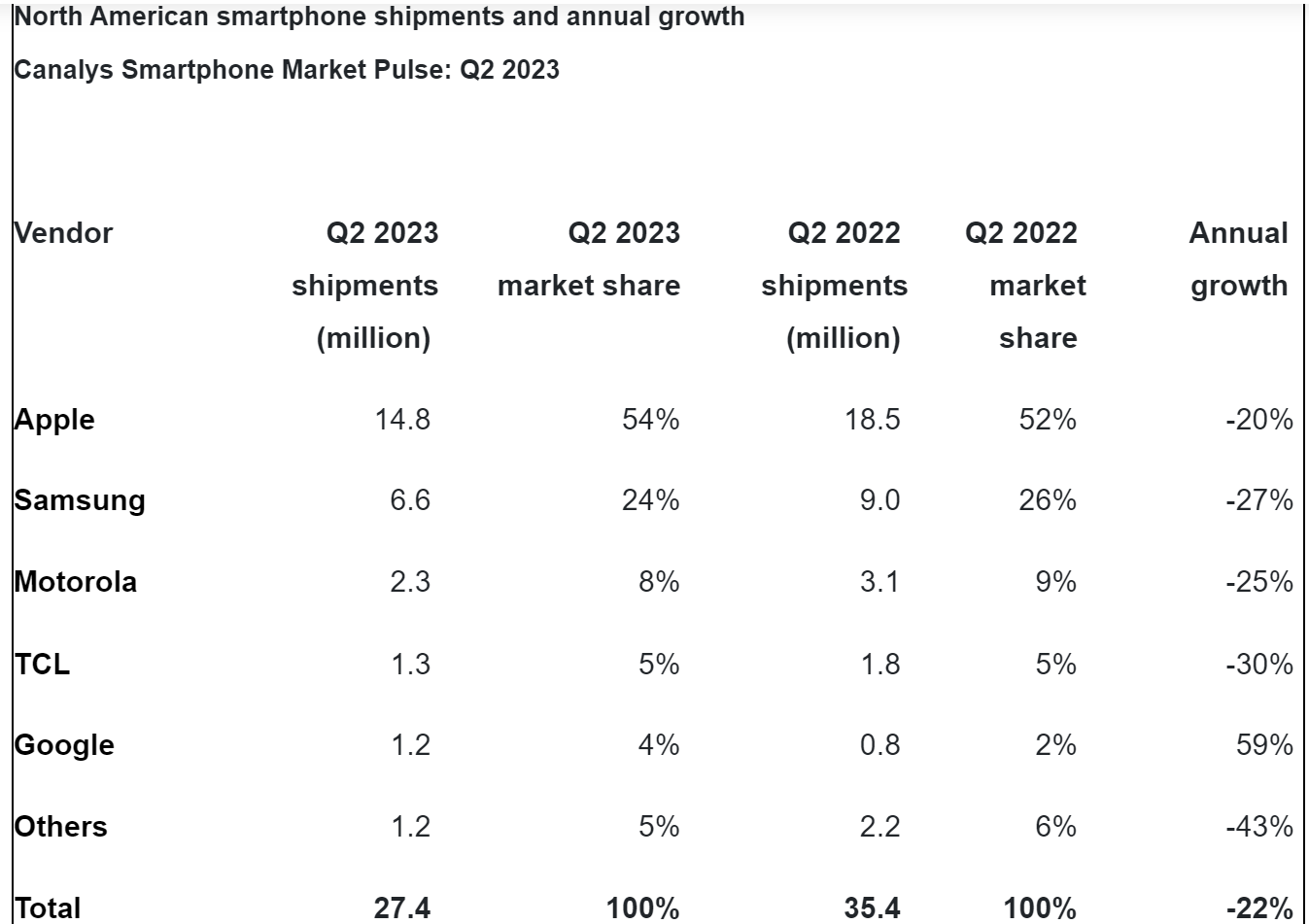What just happened? Samsung's third-quarter profit is expected to disappoint the Korean giant with a predicted fall of 80% compared to a year earlier. The decline is being blamed on an excess chip inventory that has seen what is usually the company's biggest earning segment record huge losses.
Samsung will announce its third-quarter preliminary earnings on Wednesday. According to estimates from 19 analysts (via Reuters), its operating profit likely fell to 2.1 trillion won ($1.56 billion) in the July-September quarter. That marks an 80% decline compared to the 10.85 trillion won ($8.06 billion) operating profit Samsung generated during the same quarter last year.
The drop is mostly due to Samsung's chip business, usually the company's shining star when it comes to making money. The division's quarterly losses are predicted to come in between 3 trillion ($2.22 billion) and 4 trillion ($2.97 billion) won, the result of memory chip prices not recovering as quickly as expected.
Back in April, Samsung confirmed it was preparing to reduce its chip output as memory prices fell and the economic downturn resulted in a supply glut of DRAM and NAND in South Korea. The world's largest manufacturer of these chips hoped that scaling back production would keep prices from falling any further. It slashed even more production in the third quarter to help address the chip glut.
Analysts say the reduction in output has hurt economies of scale, increasing the costs of making the chips. However, we recently heard that production reductions has now led to price rises for both DRAM and NAND.
It's not just Samsung feeling the effects of the volatile market conditions. Micron said last month that it forecast losses for the quarter, though it was optimistic about a return to positive margins in the second half of FY2024.
The US smartphone market had its worst quarterly performance in over a decade recently; Google was the only manufacturer from the top five to experience year-on-year growth in North American shipments. The PC market has been in a similar state with a potential record decline this year, but analysts believe there will be a recovery in 2024. The situation has led to makers opting to use up their current inventories rather than buying new memory chips. With inventories now almost depleted, demand is expected to rebound by early next year, according to analysts.
The better news for Samsung is that the AI boom is causing high demand for chips such as HBM, though the company lags behind SK Hynix when it comes to the development of these chips. The latter also counts industry leader Nvidia as a client.
Elsewhere, despite the market slump, Samsung's smartphone business reported an operating profit of around 3 trillion won ($2.2 billion), thanks to the launch of the Galaxy Z Fold 5 and Z Flip 5.

